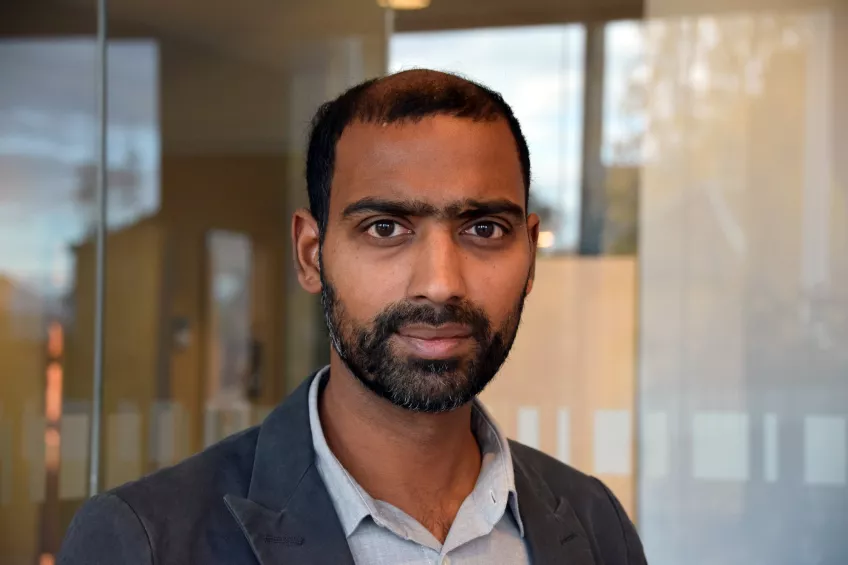In this lecture I will give a broad historic overview of India’s foreign policy, paying attention to its domestic and ideological roots. I then turn to a discussion on the possibilities of and limitations to New Delhi’s present attempts to promote India as an emerging global power. India’s policy approach towards three main geopolitical arenas will be discussed: South Asia, The Indo-Pacific, and the EU.”
Dr. Henrik Chetan Aspengren has a background in international studies and historical sociology, and holds since 2010 a PhD from the Department of Politics and International Studies, SOAS, University of London. His doctoral thesis concerned the formation and implementation of social policy in India at the turn of the twentieth century. Aspengren has continued to work at the intersection between modern history and sociology, always with reference to South Asia. He is also an analyst of and commentator on current affairs and social transformation in the region. In addition to his contributions to academic journals and anthologies, Aspengren is the author of two books, numerous op-eds, as well as reports on the politics and societies of South Asia. He is currently a research fellow in the Asia program at the Swedish Institute of International Affairs and is associated researcher at SASNET, Lund University. He is the project leader of ”The Numbers on Our Side: Enumeration and Emancipation in India, 1915-1947”, a three year research project financed by the Swedish Research Council.
